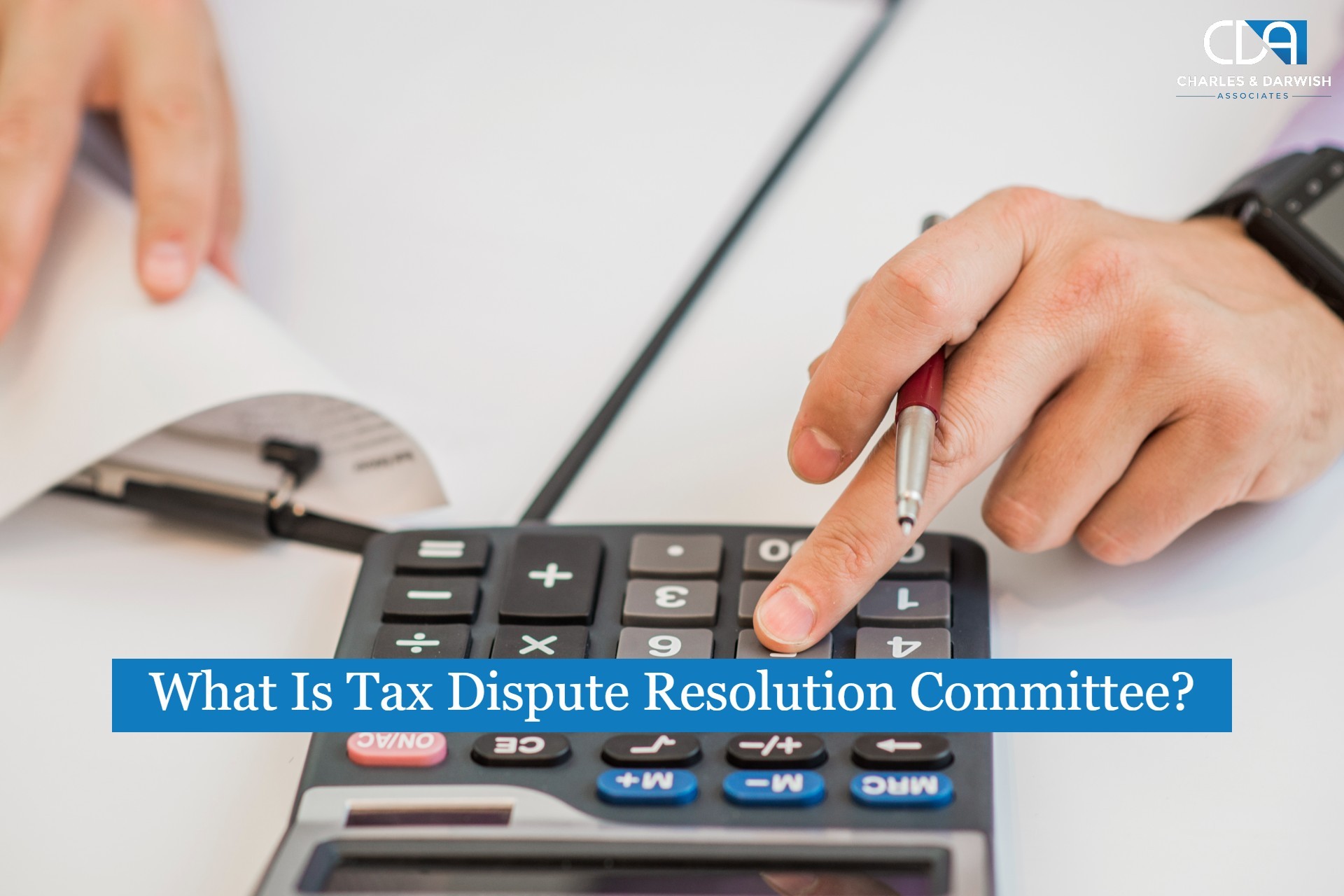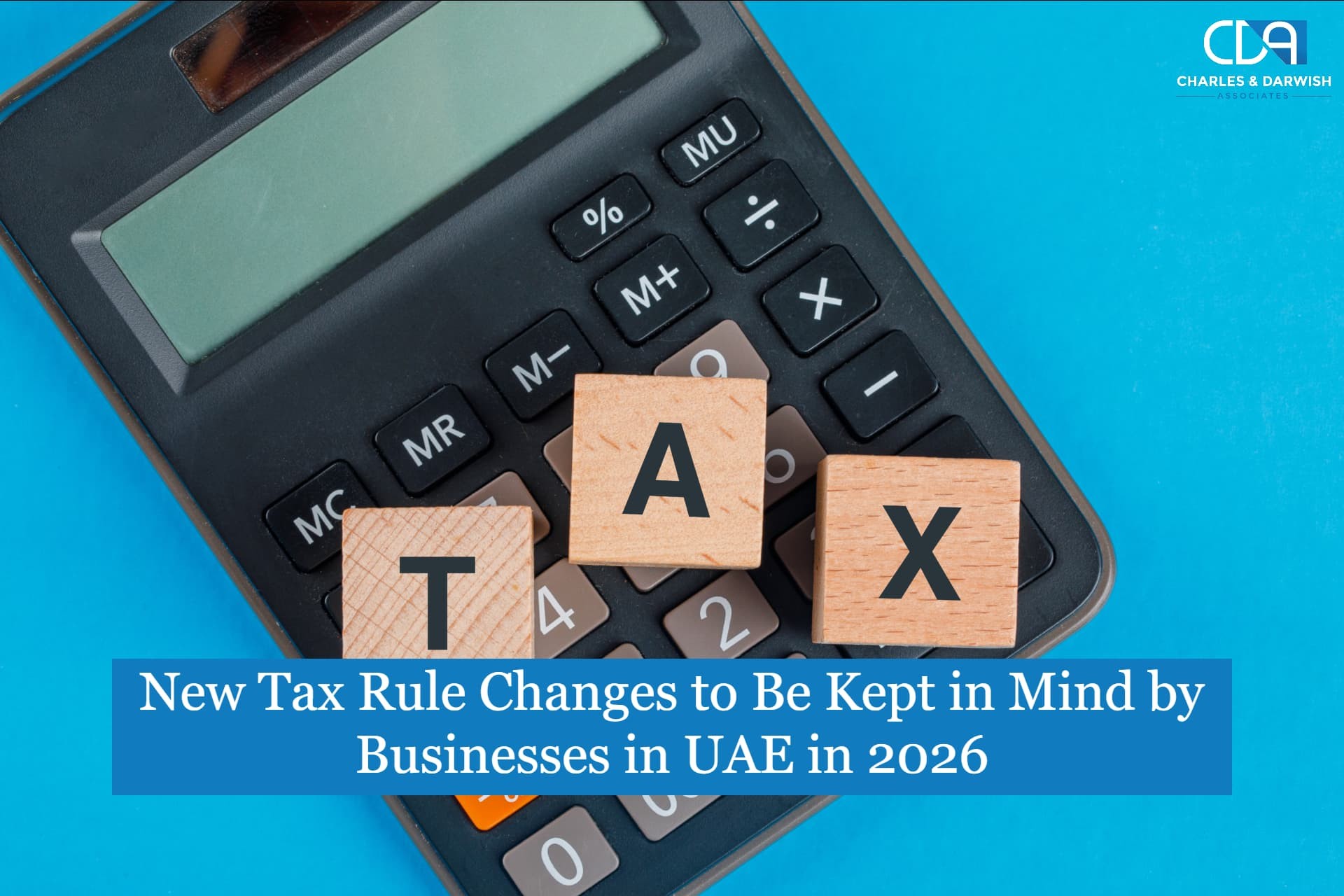Shareholders' perspective on Corporate Income Tax
Corporate Income Tax is a form of direct tax levied on the net income or profit of a corporation and other businesses; sometimes it is also referred to as corporate Income Tax or business profit tax in other jurisdictions. Shareholders are the people who initially bear the corporate income tax rate burdens, over time this can also be a chain reaction where it can be shared among other people in the firm which begins with the shareholders. Corporate tax reduces the shareholder's profit which further causes them to shift their Investments to non-corporate sectors. In the United Arab Emirates, business entities will be subjected to the 9 percent of the corporate Income Tax if their Net profit exceeds AED 3,75,000.
According to the shareholder's perspective, corporate tax can make the investors shift Share investments from the corporate sector and invest in other safe havens to save from the tax burden but a Recent study from the Queensland University of Technology shows that the companies which pay a greater portion of tax provide the shareholders with a better return on their investments which have been made in the company both as a capital gain as well as dividend.
The shift to non-corporate Investments helps the investors to lower their tax burdens on the profit incurred from the non-corporate sectors where their risk is being adjusted by having an equalization between corporate and non-corporate sector investments but there can be a long term economic consequences that are being waited for these shareholders in response to the changes to the corporate income tax, where the shifting of investments can reduce the amount of capital which can affect the functioning of the firm.
Read More: What is Corporate Tax in UAE
Due to the introduction of Corporate Income Tax, we can see that the firms are encouraged to use debt instruments rather than the equity form of finance which helps to increase the EPS of the shareholder.
This can be understood with the help of an example with a tax rate of 9% following the corporate income tax rate of the United Arab Emirates;
Case 1 - With 100% equity (The company consists of 40,000 shares amounting to 4, 00,000 AED as capital at 10 per share). Where their EBIT is amounting to AED 5,00,000
Case 2- With 50% equity and 50% debt with an interest rate of 10%. (The company consists of 20,000 shares amounting to 2, 00,000 AED as share capital at 10 per share & 2, 00,000 debenture). Where their EBIT is amounting to AED 5,00,000
From the above example, we can see that with the introduction of debentures or debt instruments, the EPS of the shareholders is increasing and when it is only a hundred percent equity, we are able to see that the profit of the shareholder is fully taxable. Which reduces the EPS to 12.21 and the return on equity reduces to 1.22, and in the case of capital with 50 percent debt, we were able to see an increase in the return on equity as well as earnings per share.
Debts at the corporate level help to reduce the tax liability by an equal amount to the marginal tax rate times the interest expense which will help in adding value to the company by helping the investors with operating cash flows into their hands. Having leverage or debt has a positive influence on your business entity, especially at times when the shareholders are looking for alternatives to reduce the tax burdens.
Tax planning is essential for any budgetary efficiency work that needs to be done in the company. Planning beforehand makes the firm efficient and helps the firm to reduce its tax liability. It is always better for the shareholders to invest in tax-efficient assets such as bonds & diversifying the contribution towards tax efficient Accounts types for the reduction of tax burdens. The tax planning should be in consideration with the business objectives and the flexibility of the future incorporations and changes that will be conducted in the firm for tax benefits and future implications.
Shareholders can also invest in more plants and machinery or any other long term assets, which makes the firm create a depreciation charge (by accelerating the depreciation charge of the assets of the company, it allows the company to charge a higher rate of depreciation than the actual rate which is valued before) for these assets which will help the firm to have a tax benefit thereby reducing the tax liability.
We can see that in the United Arab Emirates the tax rate is as low as 9% when compared to the other GCC Nations which makes the UAE a better place for attracting global investments. Corporate income tax indirectly bears the taxes that are borne by the business which would affect the shareholders as well as the creditors who provide finance. This includes the capital gains, business-related interests, and taxes on the dividend to the shareholders. Tax is a great concern for investors' decisions because it is directly related to economic growth and employment. Higher tax rates detain foreign investors and also drive away from the domestic investors, but where we can see that in the United Arab Emirates the tax percentage is as low as 9 % compared to any other GCC nation which is a friendly approach to the entrepreneurs in the country, we can see that the United Arab Emirates encourages domestic investments and as well as is attracting other foreign investments into the country by keeping the tax rate as low As 9 % which is investors friendly. Hence we can conclude that the introduction of corporate tax is not a bane to the entrepreneur or the shareholders in the United Arab Emirates.
Read More: Corporate income tax and other GCC nations
Why Choose CDA?
CDA is a renowned tax consultant in Dubai, providing tax services to companies all across the UAE. CDA assists business firms in dealing with the tax payment and legal issues that come with it by assisting them in handling all tax activities. Our skilled tax consultants provide clients with the best possible services, ensuring that their businesses comply with international tax regulations.

Mark Thompson
Full-stack Developer, Blogger, and Tech Enthusiast.
Mark specializes in digital marketing, SEO, and content strategy.













